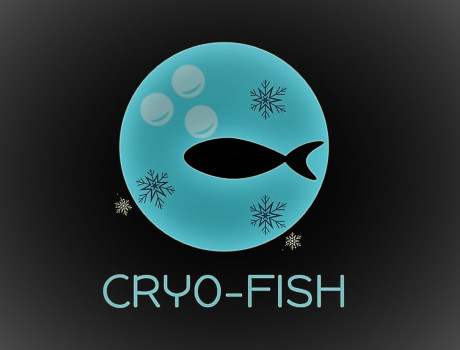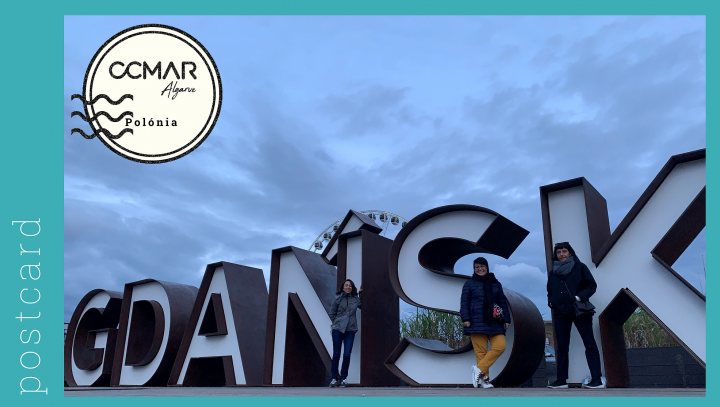CRYO-FISH will progress on basic knowledge of the reproductive biology of endemic freshwater ichthyofauna of the Iberian Peninsula, assessing for the first-time gamete quality throughout the breeding season. New techniques for gamete assay and protocols for cryopreservation will the purpose of creating a genetic resource bank for biodiversity preservation.
Populations of fish species endemic to the Iberian Peninsula have been declining since the mid-20th century due to several factors such as habitat loss, water quality deterioration or presence of alien fish species. In this regard, from the 26 native species of the Portuguese freshwater fish, around 70% are already under threat according to the IUCN.
From the point of view of basic research, CRYO-FISH is going to reveal unknown aspects of breeding cycle of the most endangered cyprinids, providing data that will help ex situ conservation captivity programs. The data that will be systematically collected and analysed will create knowledge on the right timing to collect gametes and how to manage them to assure artificial propagation of species in captivity. On the other hand, this proposal wishes to lay the groundwork for making a genetic resource bank of the most endangered fish species at a national level. In this regard, new gamete cryopreservation protocols will be designed for the project goal species, being possible to have a wild-phenotypic backup of each population.
CRYO-FISH will follow the general politics of EU (H2020 Work Programme 2018-2020), helping to promote the policy goals of open innovation, open science and open to the world (three O's), and our DMP will include several ways of making data FAIR (findable, accessible, interoperable and re-usable). Our DMP will identify just one category of data and materials: “free available data” that you can look here: https://anon.to/7GZwx0






